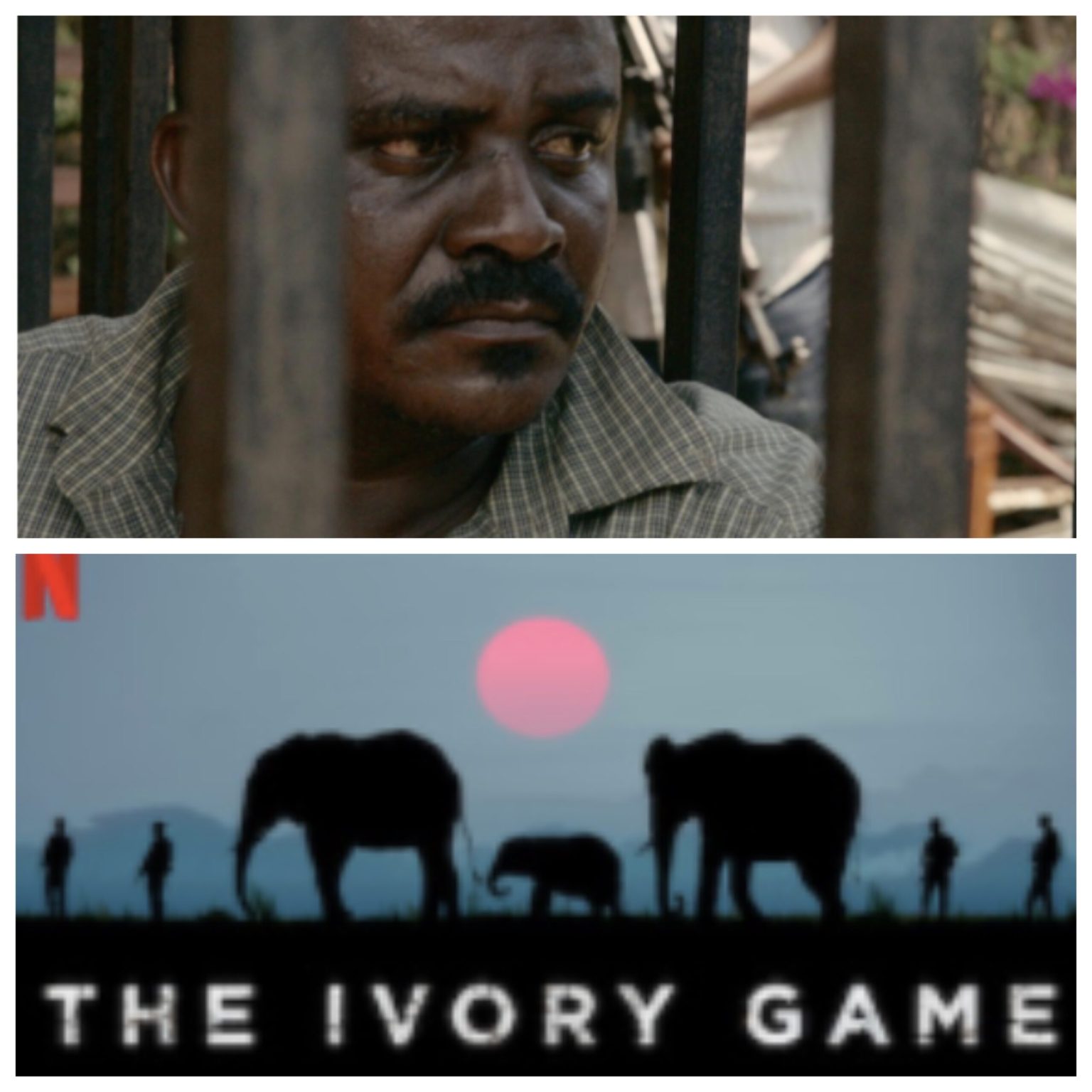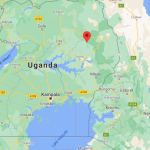Confessions and Cautioned Statement
Malyango made three “oral confessions” to three different NTSCIU investigators and provided a cautioned statement to a fourth on November 29th, 2015. Based on NTSCIU prior practise, the obtaining of a cautioned statement over one month from time of arrest would be considered an anomaly. In previous arrests, including from all accused from The Ivory Queen prosecution, cautioned statements were obtained within 24 hours.
Cautioned statements taken from an accused ivory trafficker is not the norm amongst many of the law enforcement agencies that investigate such. If a cautioned statement is taken, it is typically hand written. In circumstances where it is being tendered into evidence before a court, it must be clear to the presiding magistrate that the accused who made the statement was aware of two things; that they were giving evidence against themselves and that it was voluntarily obtained without threat or inducement by persons deemed to be in authority.
The confessions of Malyango became the basis and grounds on which NTSCIU arrested and charged Malyango’s brother Lucas, as well as Abdalah Ali Chaogi, Malyango’s witch doctor (amongst other inflictions, ‘Shetani’ was being treated for erectile dysfunction). Also based on these statements, searches were conducted at a number of other locations around Tanzania. There is no reference to the recovery of any additional inculpatory evidence.
The trial magistrate, Resident Magistrate E. Fovo, accepted the oral confessions and the cautioned statement into evidence. Judge J. Kalombola of the High Court of Tanzania, however, while ruling that the appeal was without merit, expunged the cautioned statement, finding that the trial magistrate had not fulfilled the legal obligation of ruling on the voluntariness of that statement. The Chief Justice went further in the last appeal by stating that while the “oral confessions of guilt are admissible and can be acted upon, but we also emphasize that great caution is required before courts rely on oral confession to convict.” The Chief Justice continued by stating that , independent of the concerns on admissibility of statements, neither the cautioned statement or the oral confessions provided the required ingredients to prove the charges before the court.
More questions abound. Why did NTSCIU wait for one month to obtain a cautioned statement from Malyango? How did the trial magistrate overlook the most basic of legal requirements by not ruling on the admissibility of a cautioned statement from the primary accused? And did not Malyango’s advocate bring that to the attention of the court? How is it that despite taking four different confession statements, none of the statements provided direct and specific evidence of the elements for which Malyango was charged? The officers involved were seasoned and/or senior with one in particular, Detective Sergeant Beatus, having taken cautioned statements in other high profile prosecutions.
A Tale of Two Prosecutions
A comparative look at the prosecutions of The Ivory Queen and Shetani will find few similarities. In The Ivory Queen case, cautioned statements were taken from all accused within 12 hours of arrest. In the Shetani case, the cautioned statement was obtained five weeks from arrest date, seemingly as an after thought, perhaps taken on realization that evidence to convict was scant.
In The Ivory Queen case, the presiding magistrate had an inquiry on the voluntariness of each of those cautioned statements, stating that “proper procedure and law directs that we should conduct an inquiry on the matter whether the statement was voluntarily given or not”. In the Shetani case, there was no inquiry as required by statute resulting in the higher court expunging the statement.
In The Ivory Queen case, independent witnesses testified as to having seen the movement of ivory tusks between the three co-accused and deliveries by taxi’s and lorries from and to specific locations (including her restaurant). These witnesses also described how The Ivory Queen had the ivory weighed on receipt and where it was hidden. There was testimony of ivory being delivered to Chinese naval ships in Tanzanian military lorries. In the Shetani case, there were no independent witnesses to testify about any ivory. Instead, officers recounted generalized admissions taken from statements like: “Boniface told us that he owned that car [Mitsubishi Canter] but handed it over to his brother for taking care of the ivory business.”
In The Ivory Queen case, prosecutors presented documentary evidence, obtained from banks, of financial transactions between the co-accused’s. There was no financial evidence submitted in the Shetani case.
In both prosecutions, state attorney’s prepared charge sheets for ‘leading an organized crime network’ and ‘unlawfully dealing in wildlife trophies’. The Ivory Queen case presented real evidence to support the charges. In the Shetani case, prosecutors conceded before the Chief Justice that “the charge sheet was prepared with the hope that the evidence of the cautioned statement would prove the transaction involving 118 elephant tusks.”














